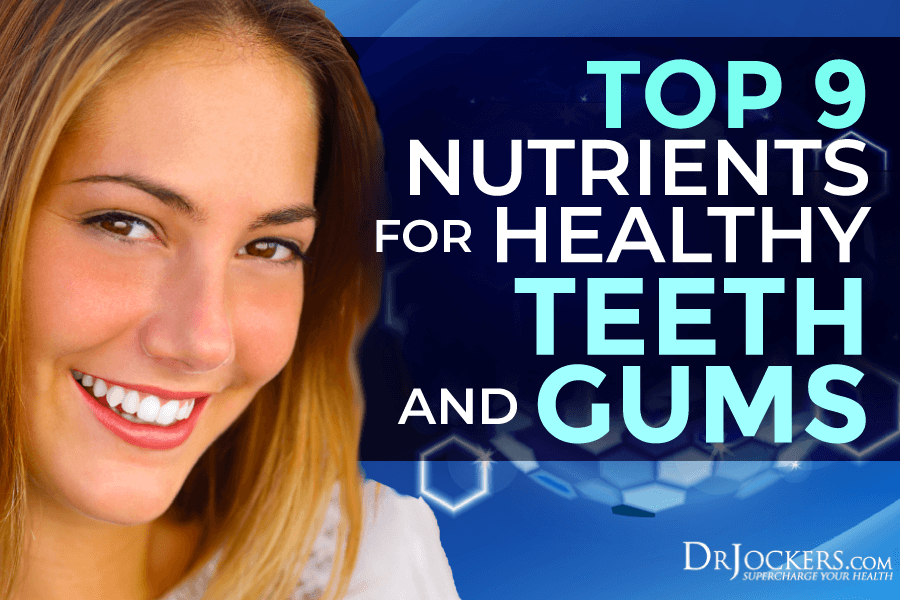 Top Nutrients for Healthy Teeth and Gums
Top Nutrients for Healthy Teeth and Gums
There is much more to oral health than a bright white smile. While it may be pleasant to look at, there are several different factors that go into healthy teeth and gums. In this article I am going to highlight why oral health is so important, why our culture is not helping, and the top strategies you can use daily to make sure you have healthy teeth and gums.
Growing up it seems like we are mostly told that oral health has to do with how well you brush, floss, and get professional dental care. While oral hygiene is certainly important, a variety of factors that can influence your teeth and gums. One of the too often overlooked aspects of oral health is the diet.

The Significance of Oral Health
It is often said that oral health is a reflection of total body health. One reason why having healthy teeth and gums is so important is because it is the beginning of our digestive tract and therefore marks the edge of our internal microbiome. Our digestive tract is loaded with many different species of bacteria that can either build or prevent optimal health.
If we do not support an optimal microbial environment in the mouth, then we are setting the rest of the digestive tract up for microbial imbalance which can affect digestion, mood, skin health, and ultimately inflammation throughout the body.
Poor oral hygiene and gum disease are linked to issues like heart disease, neurological problems, respiratory complications, diabetes, hormonal disruption, cancer, and even rheumatoid arthritis (1, 2).
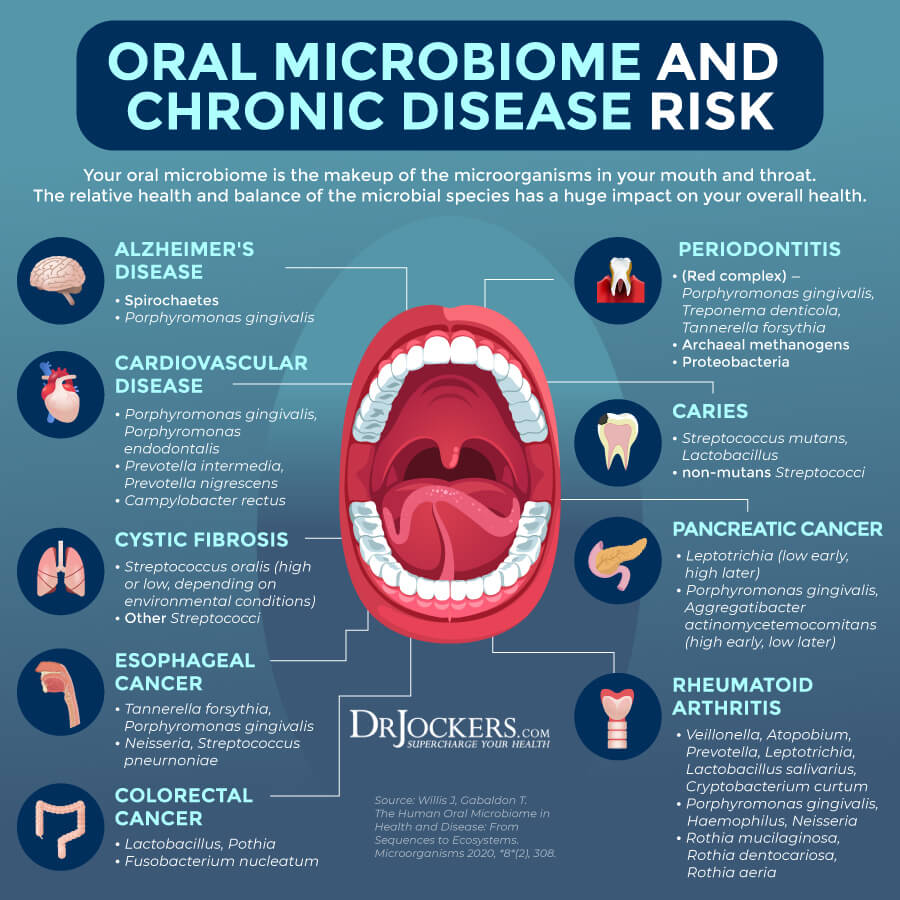
Weston A Price’s Research
Weston A. Price was a dentist and researcher in the mid 1900’s. He traveled the world and studied the populations of various different countries. He observed dietary patterns and how they correlated with oral health.
One of the most significant observations that he made was that populations who adopted a more modernized diet containing flours, sugar, and processed foods, had drastically higher incidences of tooth decay.
Conversely, he observed that populations of people who ate the raw local foods available to them such as meats, fish, eggs, dairy, and local fruits and vegetables, had superb dental health and very low incidences of tooth decay. Consequently, these people also seemed to have low incidences of chronic diseases such as obesity, diabetes, and heart disease.
When the nutrient content of different diets were analyzed, it was noticed that those with higher rates of tooth decay were vastly lower in fat-soluble nutrients such as Vitamins A, D, E, and something that they named “activator X” (now thought to be Vitamin K). It was this combination that is thought to have such a strong protective effect on oral health.
It was also observed that these diets were substantially higher in minerals such as calcium, phosphorous, and magnesium.
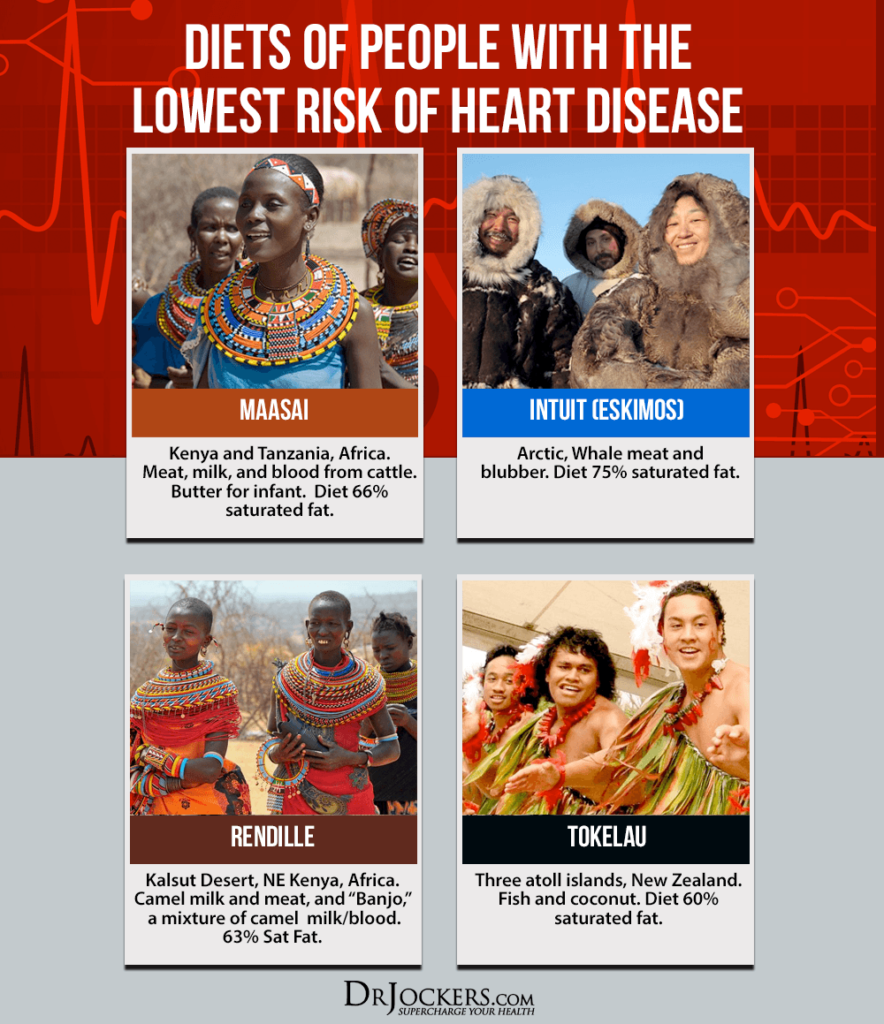
Why Westernized Lifestyles are Destroying Teeth
The westernized diet, or Standard American Diet (SAD), is loaded with processed foods. Since we learned how to turn things like corn and wheat into just about any snack possible, there has been an explosion of processed foods that taste good and are extremely cheap compared to real foods.
The problem with a diet high in flour and sugar is that is not only is devoid of nutrients, but it actually requires additional nutrients from the body to process them. This leaves the body malnourished. At the same time, our diets are becoming lower in the animal products and raw foods necessary to provide all of the necessary nutrients needed to maintain healthy bones.
The animal products that people do tend to eat are from poor sources where the animals are crammed into small cages, never see the sunlight, and are fed genetically modified and nutritionally inadequate diets. The result is that our population and especially our children are seeing vanishingly small amounts of fat-soluble nutrients and minerals in their diets.
In these conditions, oral health is extremely difficult to accomplish.
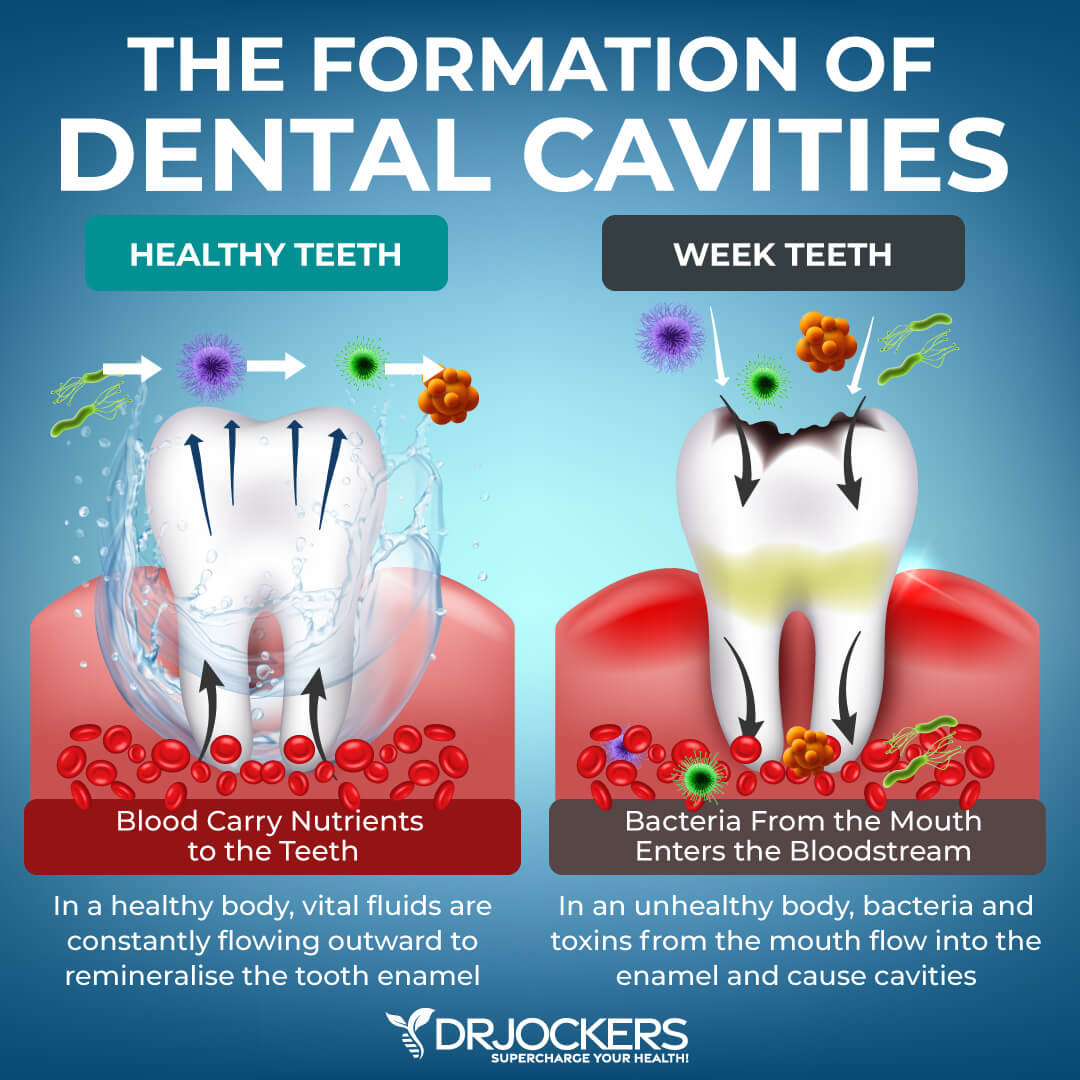
How Cavities Form
While teeth may seem like solid, unchanging structures, they are actually very much alive and in a constant process of remodeling themselves. Just like the majority of human tissues, teeth break down and rebuild themselves simultaneously. When the necessary nutrients are not available to rebuild, we get decay and gum disease.
At the same time, if we do not promote a desirable microbial environment in the mouth, harmful bacteria will accelerate the disease process in the mouth.
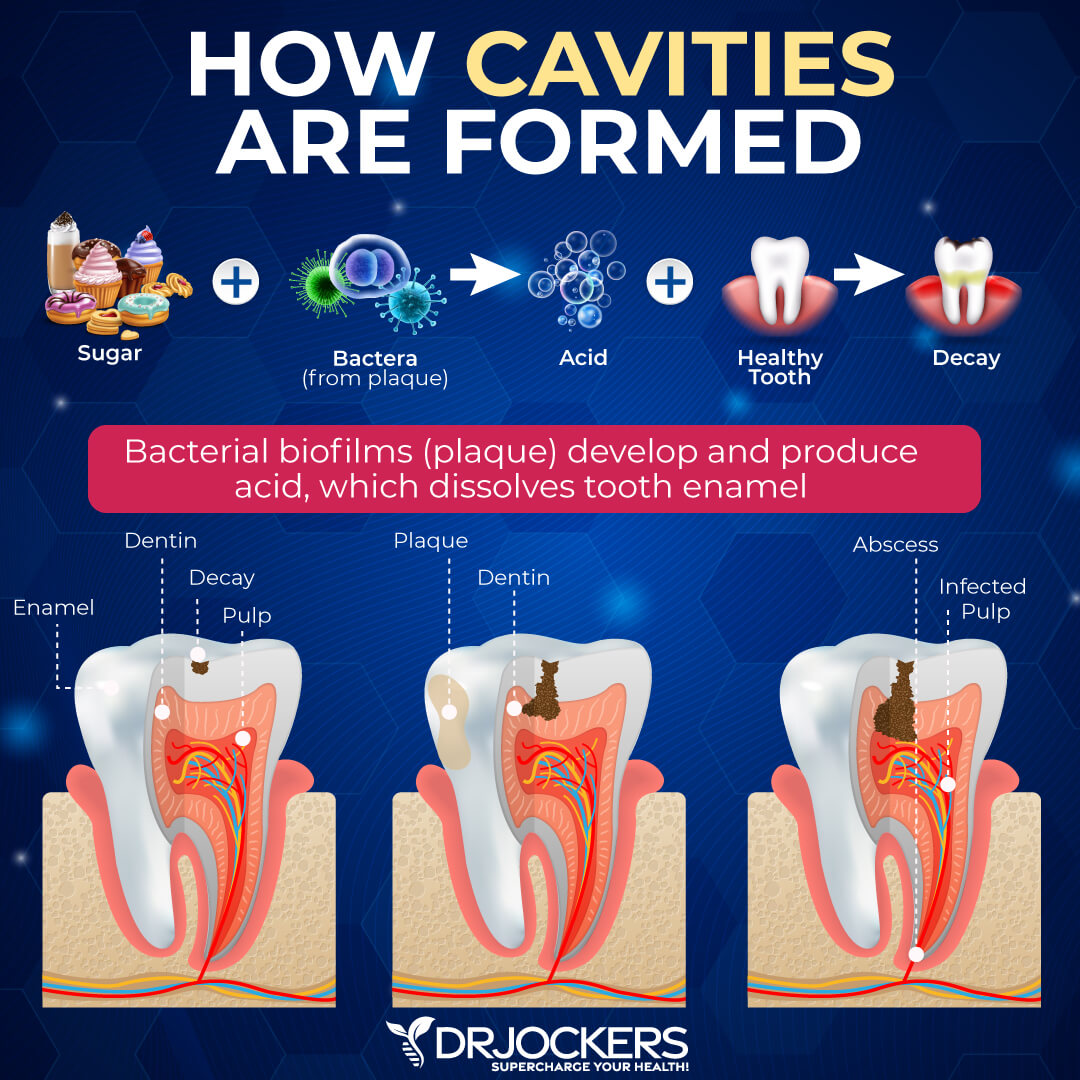
A variety of things like phytic acids, acidic foods, low mineral foods, low fat-soluble nutrient-rich foods, sugar, and poor oral hygiene habits either contribute to the degradation of teeth or inhibit the regeneration process. When the degradation process happens more quickly than the regeneration process, cavities develop.
Once we form cavities, we can either go to the dentistry who will almost always recommend to have them filled, or you can follow the necessary lifestyle steps to assist in natural remineralization.
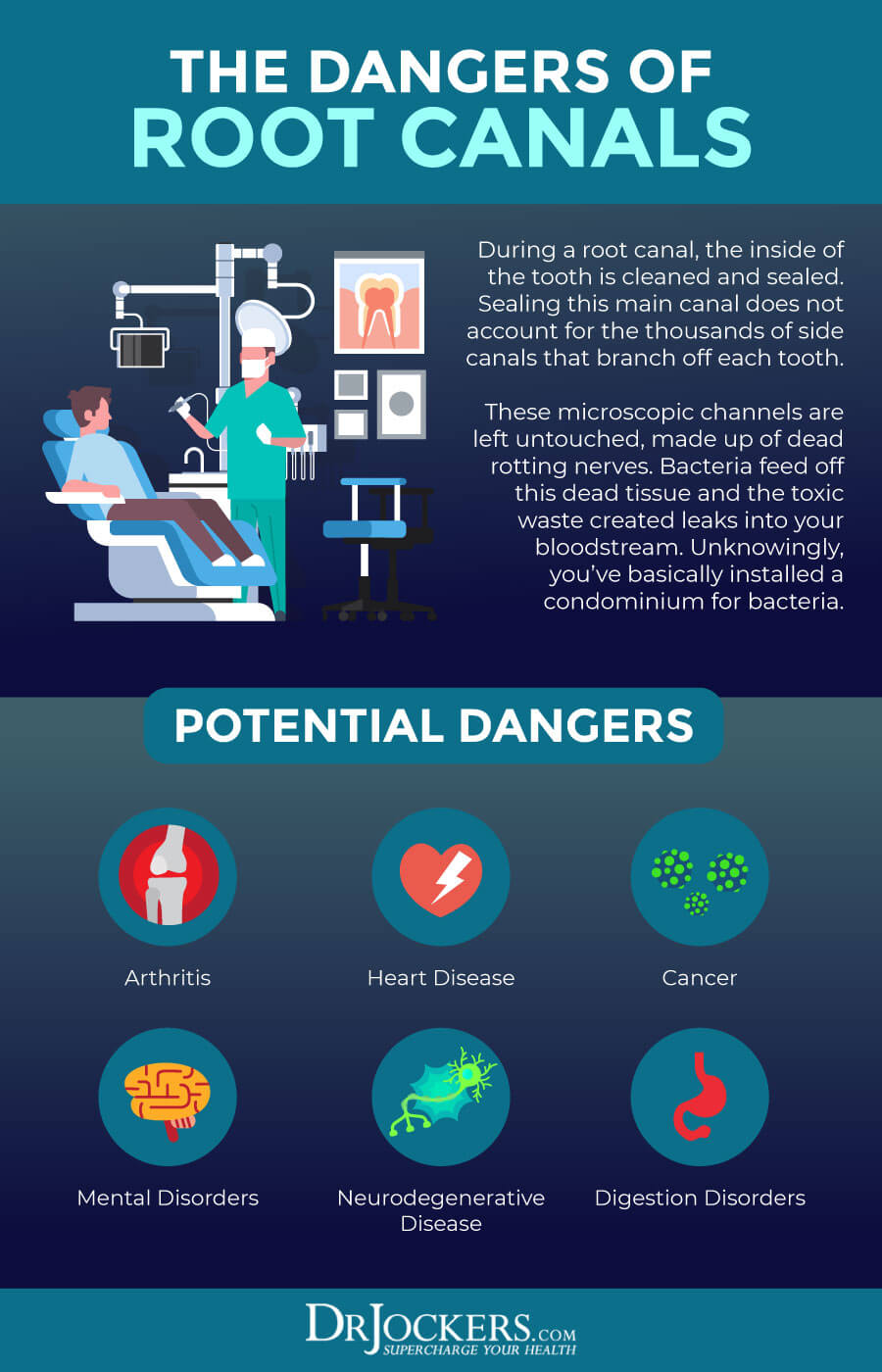
The Dangers of Root Canals
Root canals are a common dental procedure meant to address infection that can occur around the root of a tooth. The procedure involves making an opening in the top of the tooth, surgically removing the infected tissue, and filling the root canal of the tooth with some sort of filler material.
A chemical solution is used to sterilize the infected area which is then tightly sealed back up. In theory, the sterilization process is designed to completely remove any bacteria capable of causing infection.
The problem with this that the tubule networks of the teeth and gums are so vastly complex that even the most advanced cleaning strategies fail to completely eradicate unwanted bacteria in the tissue that has been operated upon. Once sealed up, this opens the doors to delayed secondary infections, future root canals, and associated health problems (3).
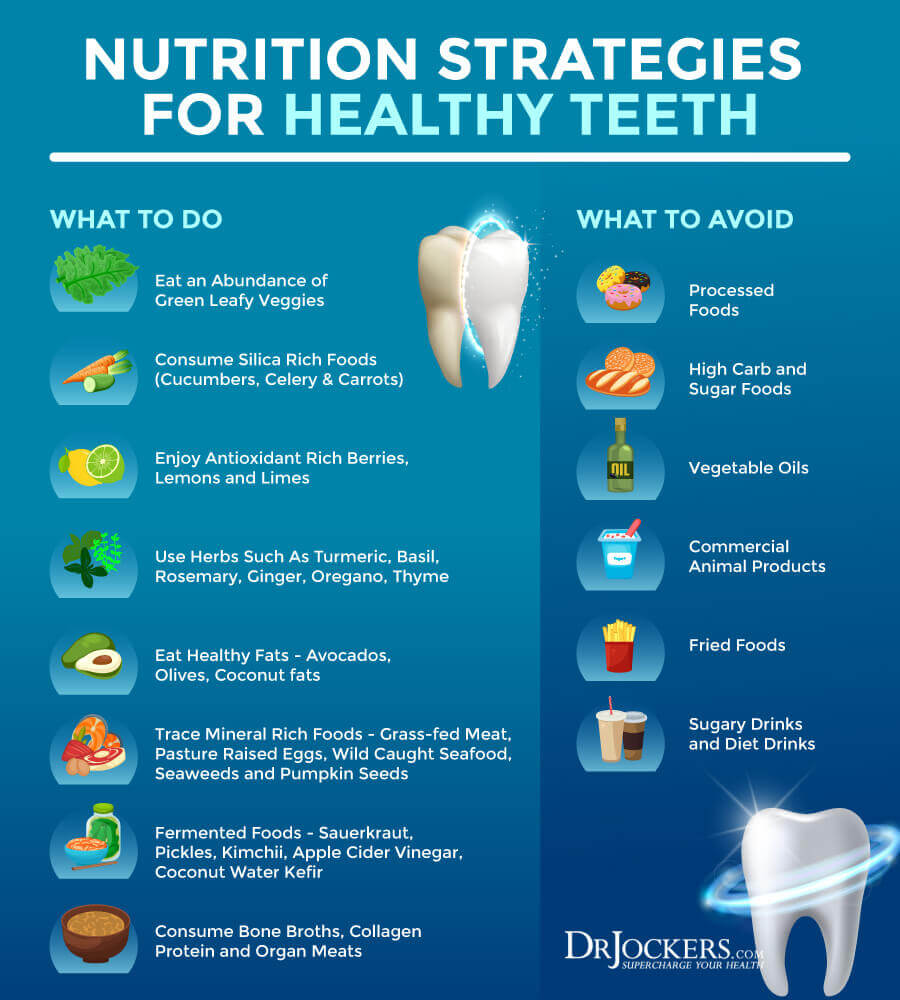
Top Lifestyle Tips for Healthy Teeth
In order to optimize your ability to maintain healthy teeth and gums, there are certain lifestyle factors that must be followed. Based off of the original work of Weston A. Price and subsequent developments in the field of dental health, there are reliable ways to re-mineralize and protect the teeth and gums.
If you’re looking to maintain optimal oral health, it is crucial to consume a balanced diet that includes the essential vitamins and minerals your teeth and gums need to stay healthy, and NSOMS Dental can help you with any dental concerns.
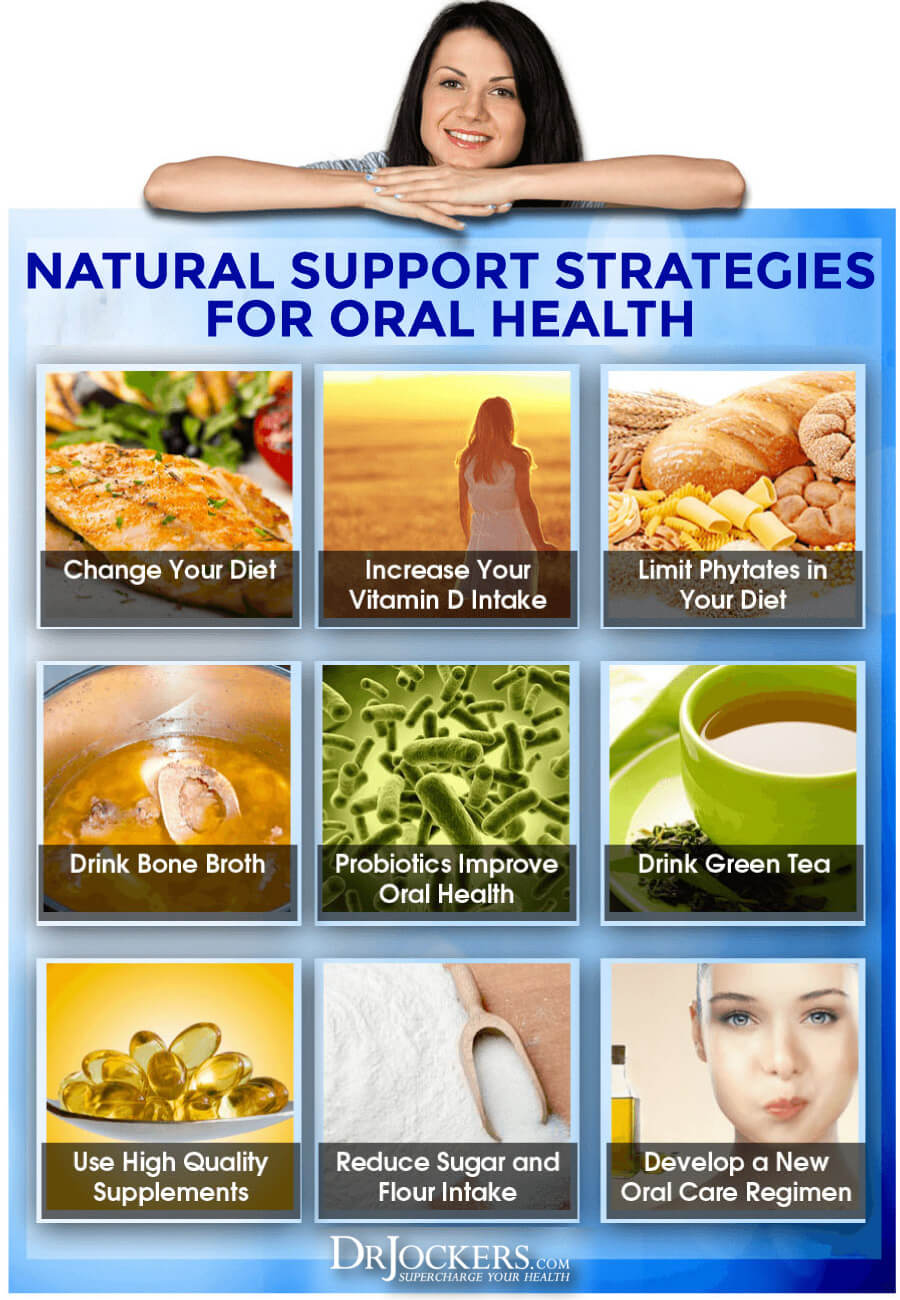
Change Your Diet
First of all, it is important to remove things from the diet that are devoid of nutrients and contribute to poor health. These include foods like grains, sugar, most flours, and processed foods made with these ingredients. Additionally, it will be important to switch out conventionally raised meats and animal products with those that were raised on pastures and in sunshine.
To support the body’s ability to re-mineralize teeth, we must consume the full array of nutrients associated with calcium metabolism and bone formation. These include fat soluble vitamins A, D, E, K and minerals such as calcium, magnesium, and phosphorous.
Some of the most nutritionally complete foods for teeth health include seafood, fish roe, pastured eggs, pastured butter, and organ meats. Other great foods for bone health include bone broth and sea vegetables such as nori, dulse, and kelp.
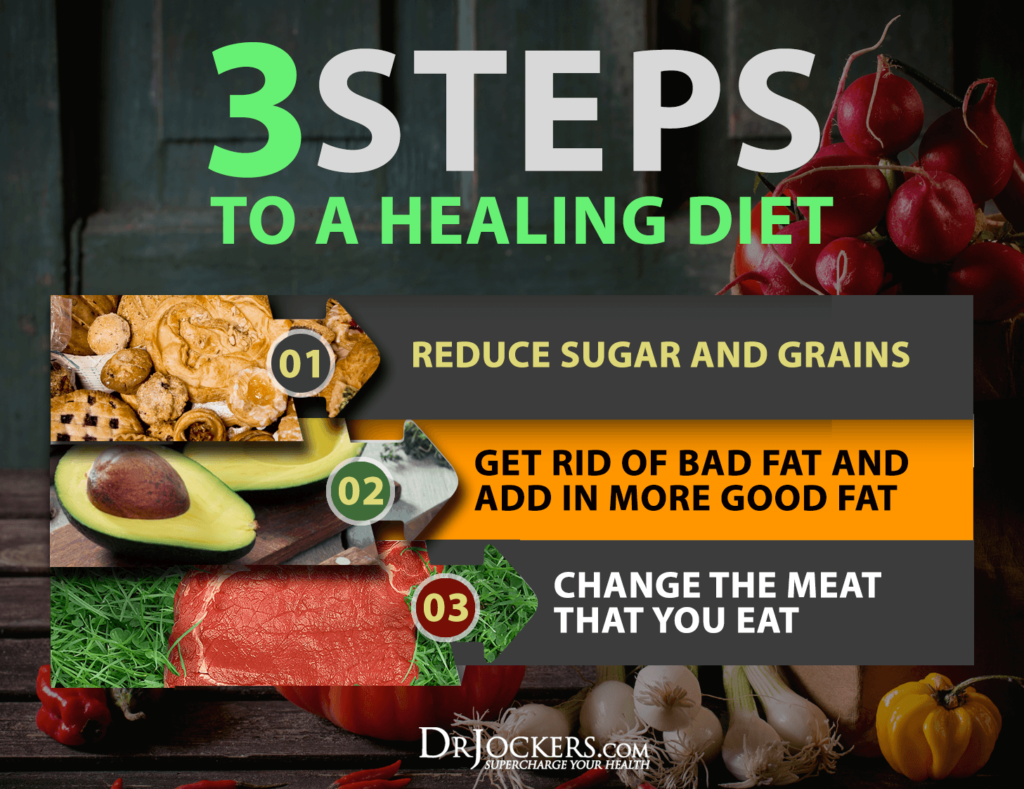
Increase Vitamin D
Having adequate Vitamin D levels has been isolated as an important factor in preventing the development of cavities (4).
There are very few nutritional sources of Vitamin D. People are spending less and less time outdoors in the sunlight. This leaves the majority of our population deficient in this critical bone health nutrient. Some of the foods mentioned above (seafood, eggs, butter, organ meats) contain small amounts of Vitamin D.
Most people need much more Vitamin D than is provided in these foods however, so this leaves them with two options, either get more sun or use a supplement.
I will discuss supplementation later on in this article. Healthy sun exposure guidelines depend on the strength of the UV radiation in your location as well as the fairness of your skin. If you own a smart phone, there is an app called “D-Minder” that can be used to track your sun exposure to estimate your Vitamin D levels.
Otherwise, some general guidelines for sun exposure are:
Light skin = 15-20 minutes daily
Medium Skin = 25-30 minutes daily
Dark Skin = 40-45 minutes daily
If you notice your skin begin to turn slightly pink, it is likely that you have reached your daily exposure limit.
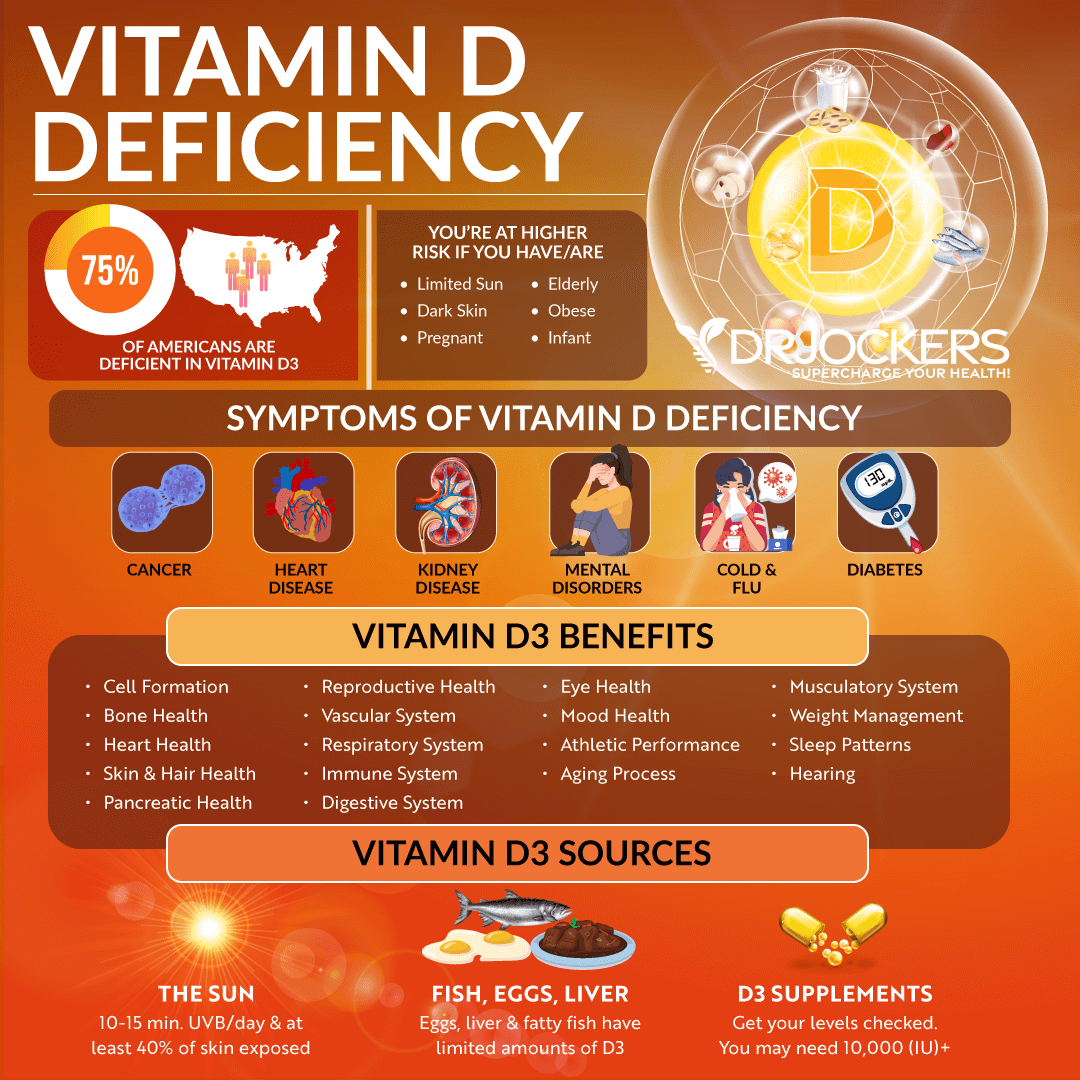
Limit Phytates
Phytates or phytic acids are something that Dr. Weston A. Price noticed in his research were highly correlated with tooth decay. Phytic acids are found mostly in grains, beans, and legumes. They are thought to contribute to the development of cavities by binding and blocking the absorption of minerals such as calcium, zinc, and magnesium (5).
To support healthy teeth, you will want to limit your intake of nuts, seeds, beans, and legumes. If you are the consume them, the best option would be to soak and sprout them before consuming to limit the phytic acids content.
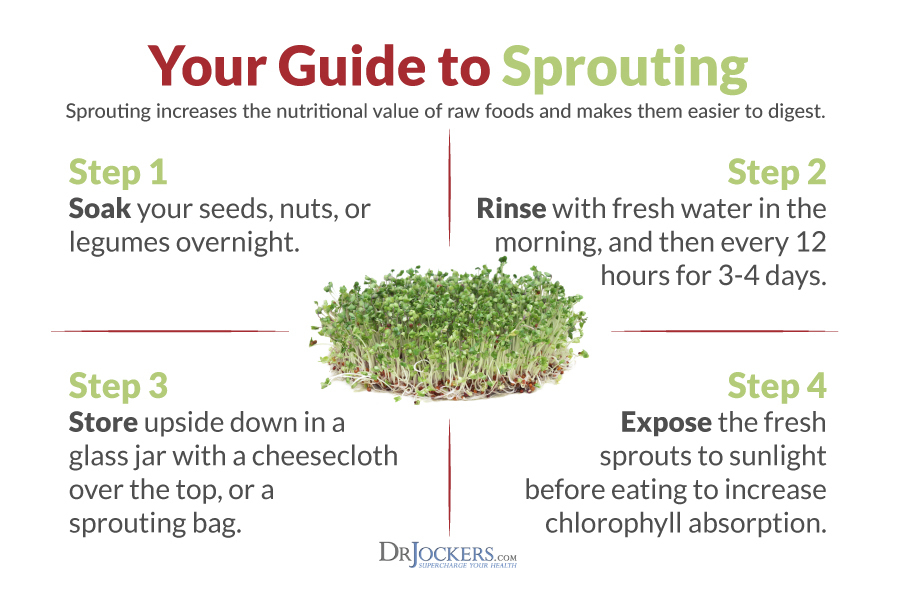
Drink Bone Broth
Bone broth is made by simmering and leeching nutrients from animal bones, ideally those of grass-fed, pasture-raised animals. Bone broth contains a number of nutrients conducive to healthy teeth including calcium, magnesium, phosphorus, and gelatin.
Together these nutrients provide some of the building blocks necessary to maintain healthy teeth and bones.
Bone broth has the added benefit of healing the digestive tract and supporting the immune system to fight off unwanted microbes that may be contributing to poor oral health. For added antimicrobial benefits, a few drops of oregano oil can be added to each serving before drinking.
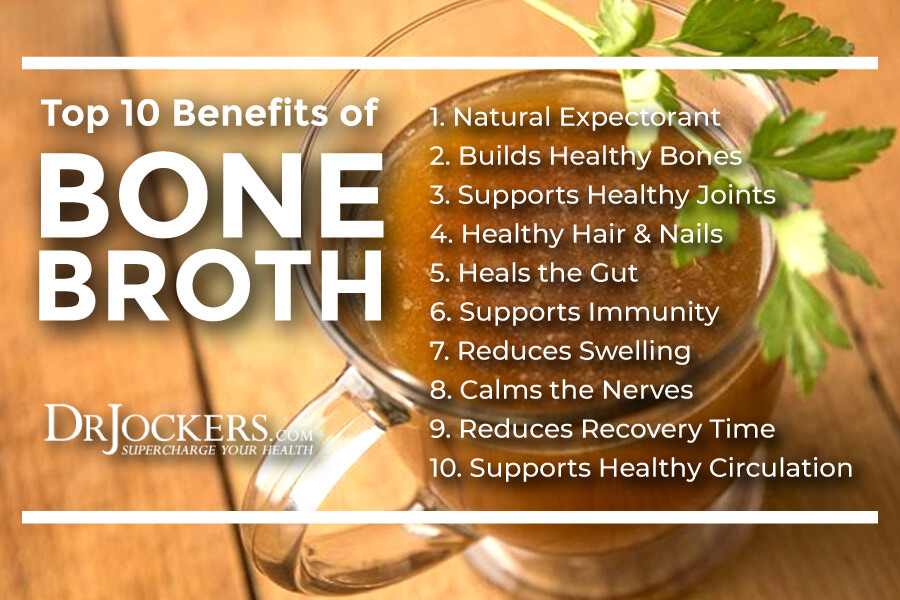
Use Probiotics
The microbial balance of your mouth can affect the development of cavities. Using a probiotic and consuming fermented foods can help maintain a desirable microbial environment to promote the healing of cavities and prevention of new ones (6).
Some of the best probiotic-rich foods include fermented grass-fed dairy (yogurt or kefir), coconut yogurt or kefir, sauerkraut, pickles, and kimchi. These foods have the added benefit of providing highly bioavailable minerals to the diet that can also support healthy teeth.
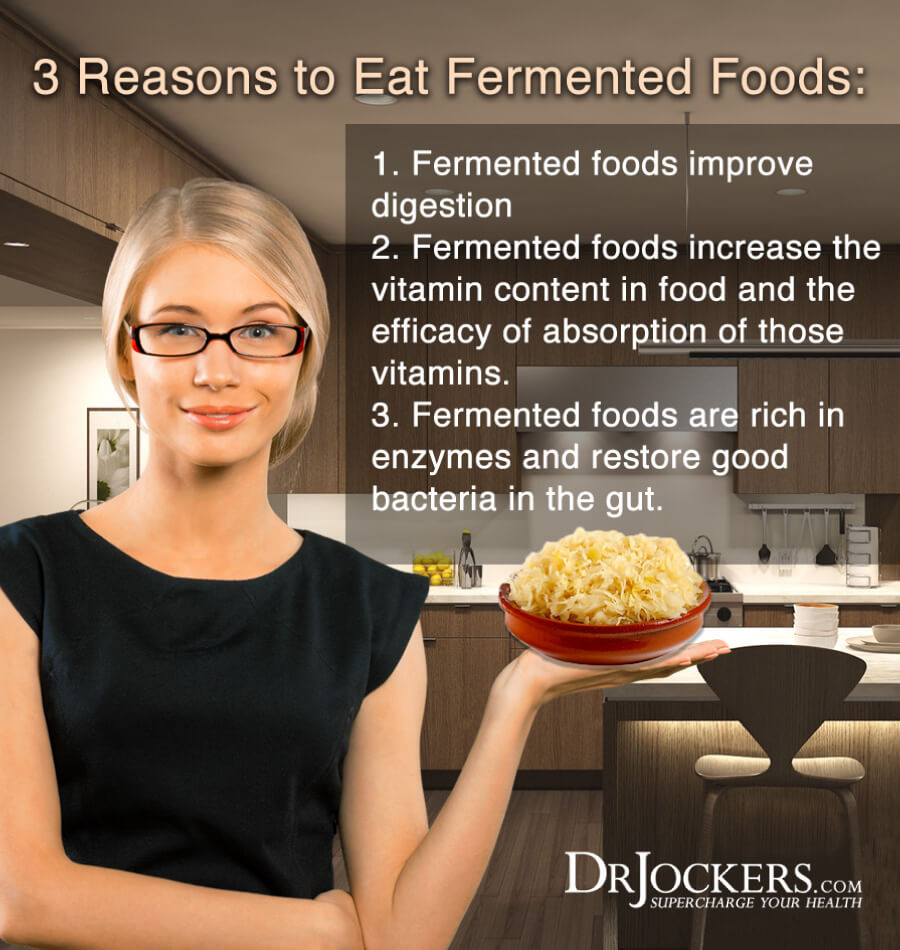
Drink Green Tea
Green tea is a superfood with powerful bioactive compounds known to fight cancer, obesity, diabetes, and boost immunity. Some recent evidence points out the potential of the polyphenolic compounds in green tea in supporting healthy teeth.
This is because polyphenols act as natural antimicrobials that inhibit the growth of pathogenic bacteria and viruses in the mouth. It is through this mechanism that it is believed that green tea may be able to help prevent the development of cavities (7).
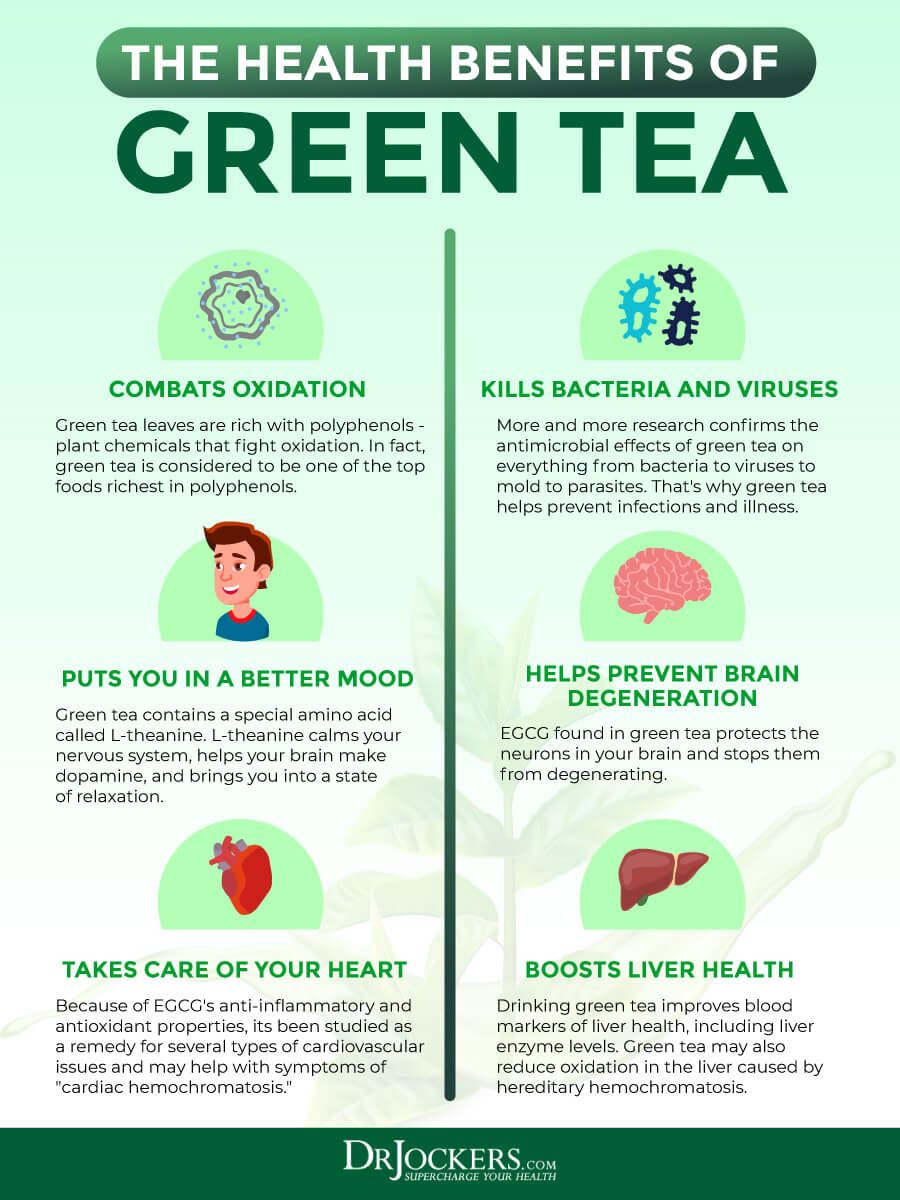
Be On Top of Oral Hygiene
Perhaps the most obvious aspect of oral health is that you must maintain a high-level oral hygiene. This involves brushing twice a day, flossing, and considering adding oil pulling to your oral hygiene routine on a daily basis.
Oil pulling becomes even more crucial for those with cavities or who have had root canals. Adding essential oils to your oil pulling routine such as clove, peppermint, or oregano can be an excellent way to maintain optimal microbial balance in the mouth.
I highly recommend switching over to natural oral hygiene products that do not contain synthetic chemicals. Other important oral hygiene guidelines are outlined in the graphic below.
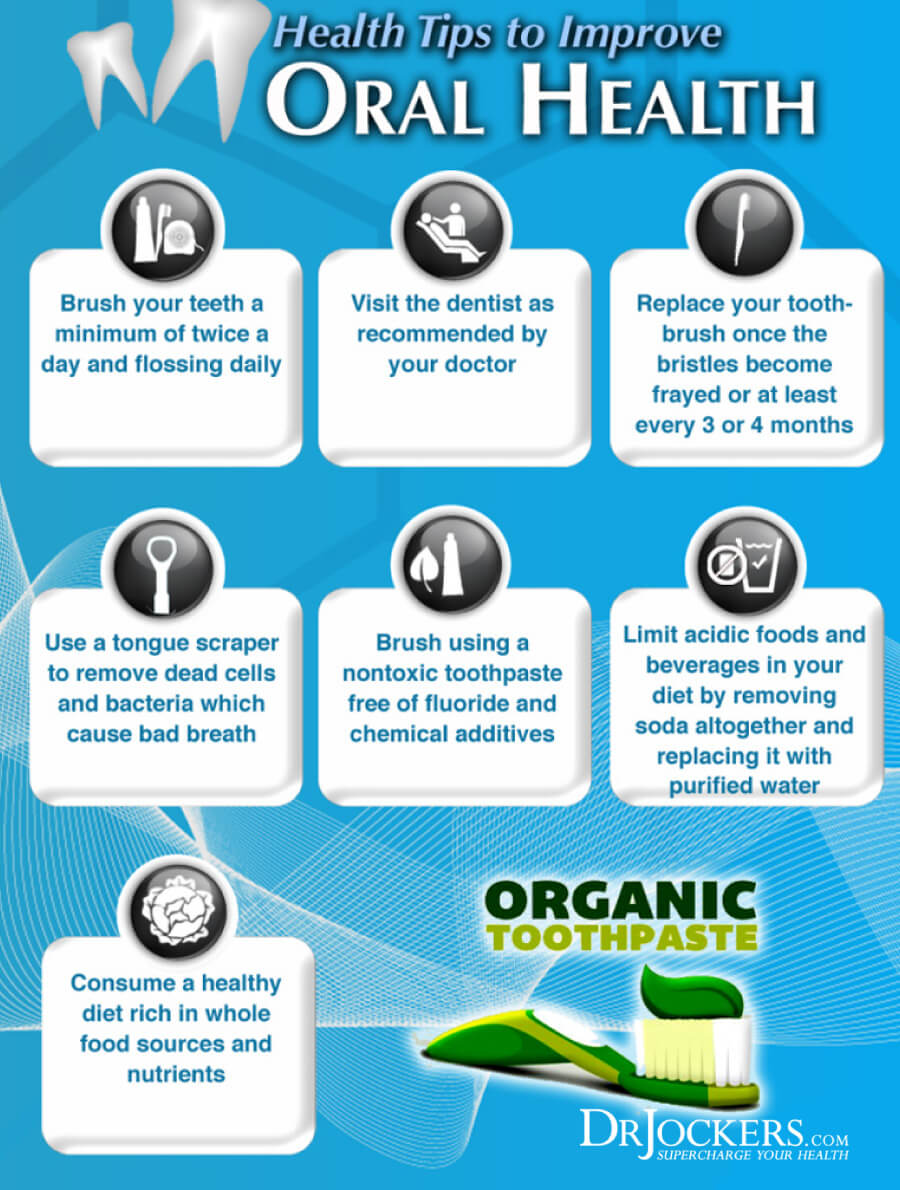
Top Nutrients for Healthy Teeth and Gums
There are particular nutrients that are extremely helpful for promoting healthy teeth. Those which support proper bone re-mineralization, control inflammation, boost immunity, and help to control microbial balance in the mouth.
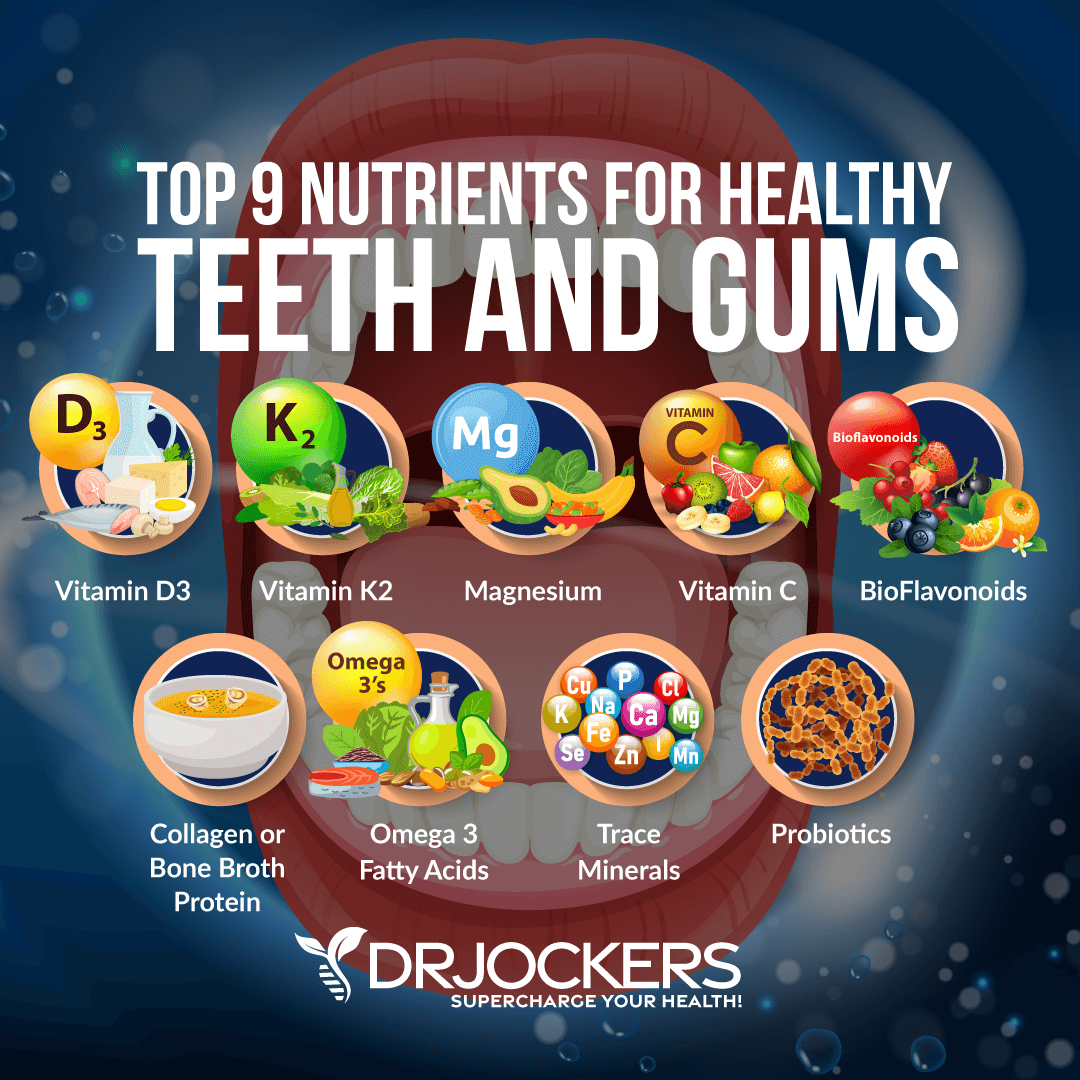
Vitamin D3
Vitamin D is critical for modulating bone formation and regulating the immune system to regulate microbial balance in the mouth. While some foods contain vitamin D, as outlined earlier in this article, it is often not enough to reach meaningful levels in the body.
To reach optimal levels, I often recommend using a supplemental form of vitamin D3 around the dose of 1000-2000 IU per 25 Lbs. of bodyweight. It is also important to take a Vitamin D supplement that also implements Vitamin K2 as they works together for proper absorption and calcium distribution.
Vitamin K2
There was an aspect of fat-soluble vitamin rich foods that Weston A. Price originally deemed “activator x”. It was this elusive nutrient that he believed pulled together the rest of the fat-soluble nutrients and provided the powerful benefits for dental health that he was seeing in certain populations of people.
It is likely that this “activator x” nutrient was actually Vitamin K. Vitamin K works powerfully alongside Vitamin D to ensure calcium ends up in the bones. In fact, low Vitamin K intake may be associated with poor bone health as well as increased risk of atherosclerosis due to calcium deposition in the arterial walls (8, 9).
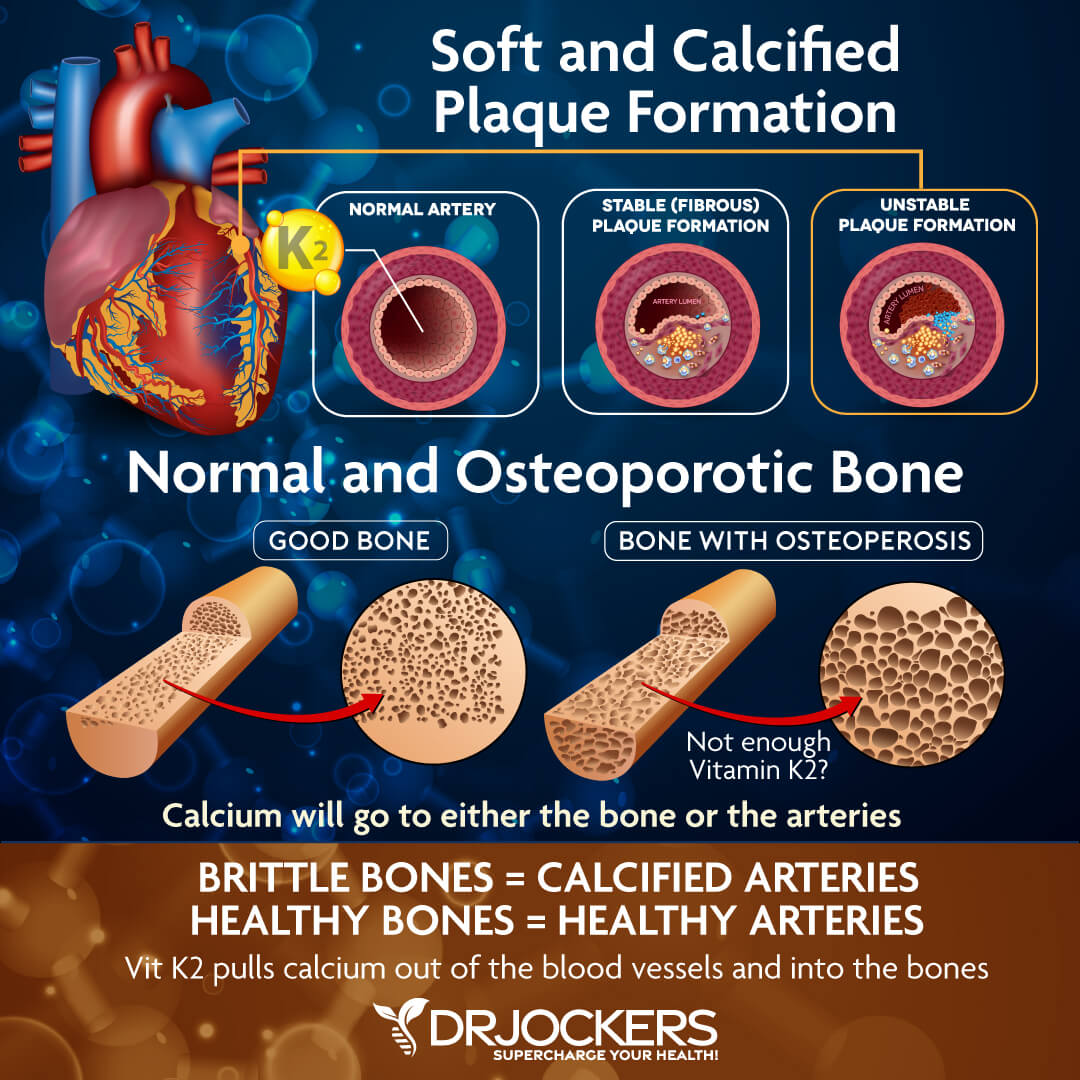
Magnesium
When you are deficient in magnesium, your body compensates by leaching magnesium from bones. Overtime this can contribute to bone loss and achy joints. Magnesium is also critical for Vitamin D regulation and consequently bone health (10).
Magnesium is also involved in over 300 different processes in the body. Unfortunately, the majority of people are vastly deficient in magnesium. This is why I often recommend magnesium supplementation in the form of L-threonate (find it here) for added cognitive benefits. 1-2 Grams per day can be powerful support.
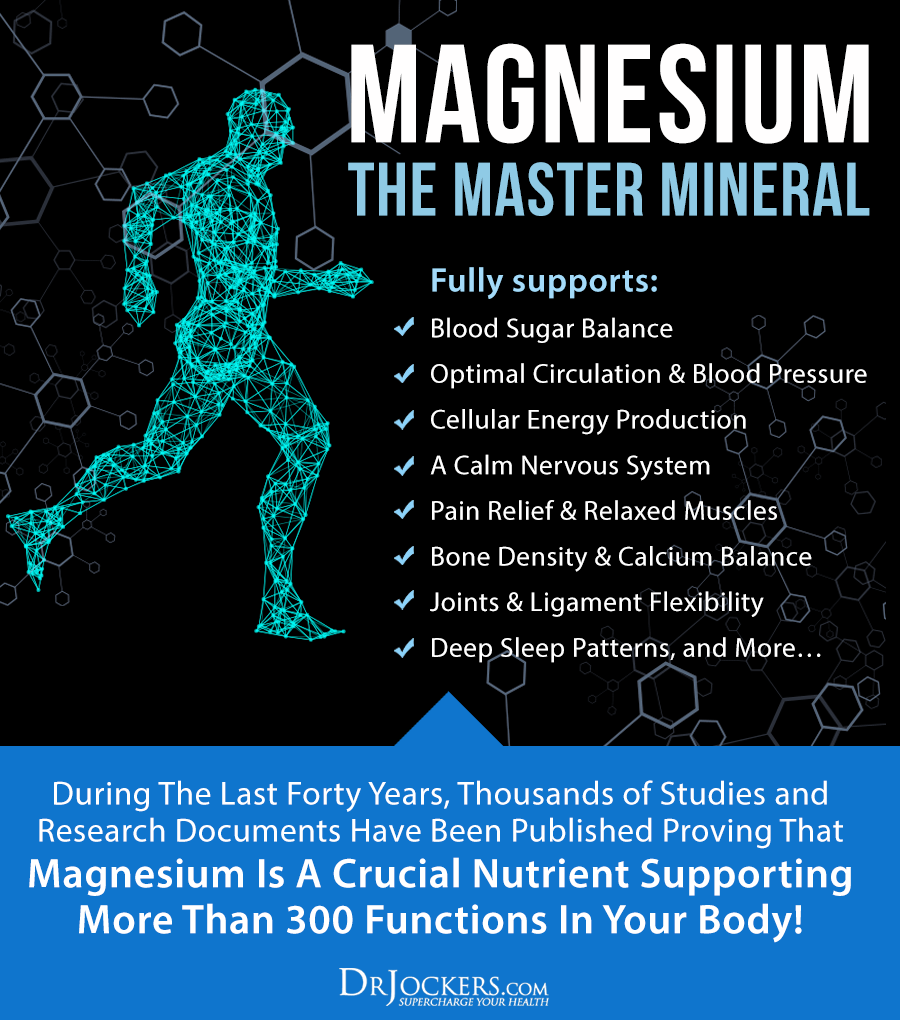
Vitamin C
Vitamin C is important for regulating the immune system to modulate harmful microorganisms and maintain a healthy microbial balance. Additionally, evidence suggests that Vitamin C deficiency opens the doors to increased incidences of gingivitis, bone loss, oral infections, and loose teeth (11, 12).
A good dose to maintain on a daily basis is about 1 gram (1000 mg). I often recommend cobining Vitamin C with citrus bioflavonoids as this is how they would be paired when consumed from natural sources. Consequently, they synergize together to promote absorption.

Bioflavonoids
Bioflavonoids are powerful antioxidant compounds that can be derived from a variety of foods. Not only do they synergize with Vitamin C, but they provide benefits including: protection from heart disease, osteoporosis, chronic inflammation, cancer, and unwanted infections.
With regards to healthy teeth, bioflavonoids are commonly used in dentistry to prevent unwanted bacterial growth and reduce the development of plaque on the teeth (13). Regular intake of Vitamin C and bioflavonoids will be an important consideration for healthy teeth.
Supplementation, as well as use of bioflavonoids-infused toothpastes and oil pulling solutions can all be powerful.
Collagen Protein or Bone Broth
Bone broth is an outstanding bone tonic. It provides all necessary minerals for bone health as well as gelatin. Gelatin provides high amounts of the amino acid glycine which assists in the absorption and utilization of the many beneficial minerals contained within bone broth.
You can either make your own bone broth or you can buy it in many grocery and health food stores. Premade bone broth comes in both liquid and powdered forms. My favorite brand of liquid premade bone broth is Kettle & Fire while my favorite powdered form is the multi-collagen protein that you can use in smoothies and shakes to get more of these key nutrients.
Omega 3 Fatty Acids
Chronic inflammation has been highlighted as a significant risk factor for increased periodontal disease. Omega 3 fat intake is a strong predictor of chronic inflammation and subsequently also has a strong correlation with healthy teeth and gums (14).
For most people, getting about 1-4 grams of omega 3 fats (EPA & DHA) daily is a great target. Great fish sources of these fats include wild Alaskan salmon and pacific sardines, Consequently, these fish are also great sources of minerals and fat-soluble vitamins.
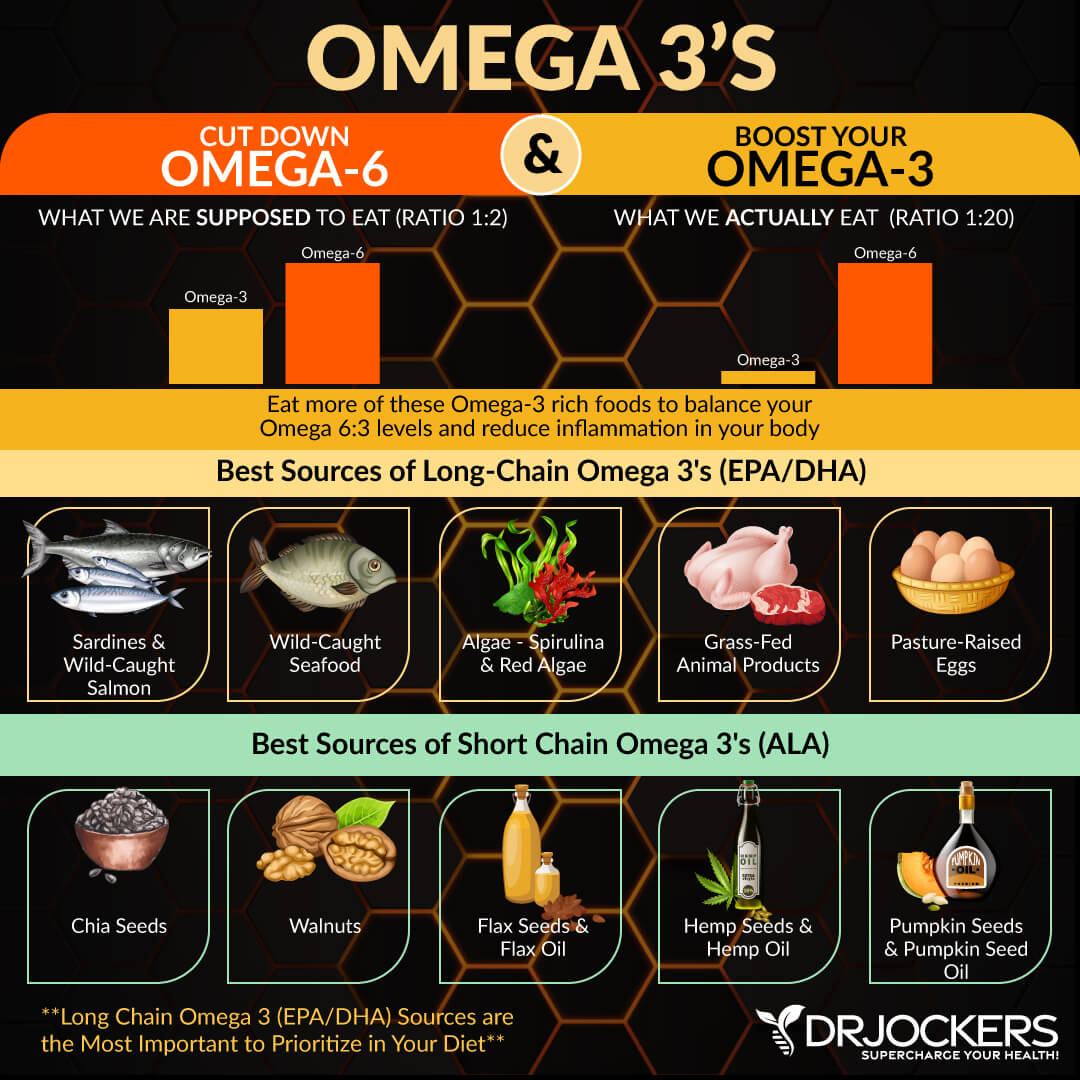
Trace Minerals
Trace minerals are minerals that we only need in small amounts but serve big roles. They include things like iron, copper, zinc, manganese, selenium, iodine, and chromium. While these minerals have their own unique roles, they often help to activate particular enzymes that regulate everything from making energy and supporting the immune system, to regulating bone remodeling (including teeth).
Trace minerals can be obtained from a variety of foods such as sea vegetables, fish, fermented foods, bone broth, and grass-fed butter. Consuming a mix of these foods on a daily basis is important for ensuring your nutritional needs are met.
People with leaky gut, poor digestion, diarrhea, vomiting, high dietary intake of phytic acids, those undergoing frequent strenuous exercise, or those partaking in a heavy metal detox may benefit from using supplemental trace minerals.
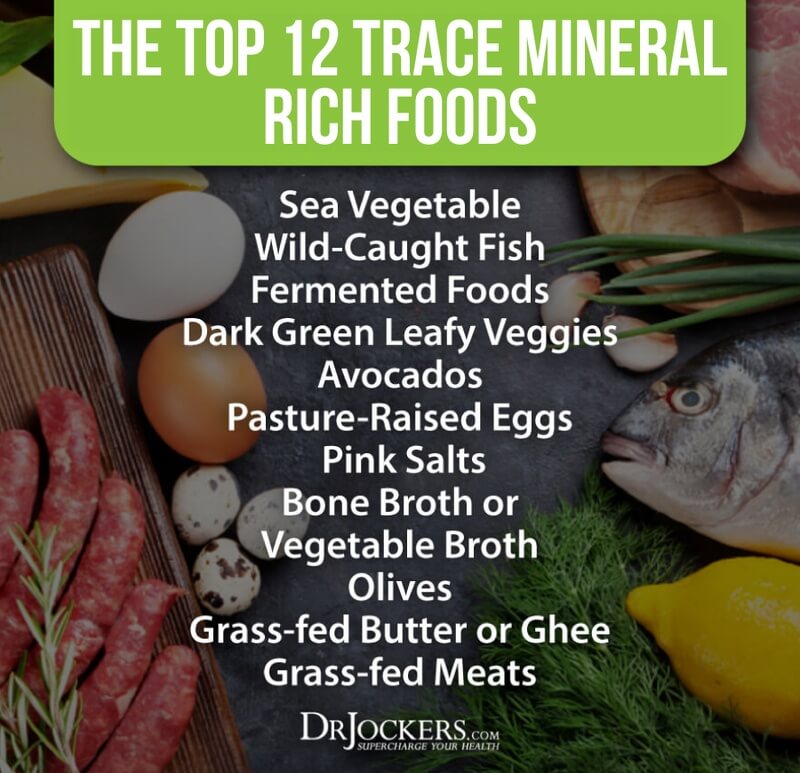
Probiotics
As we have discussed, the bacterial balance in your mouth has a lot to do with whether or not you have healthy teeth and gums. While consuming fermented foods and having good oral hygiene habits are important, using a probiotic can be powerful.
While it is not fully understood which strains are most beneficial, the regular use of lactobacillus and Bifidobacterium containing probiotics may be able to help control the growth of cavity-causing bacteria (15).
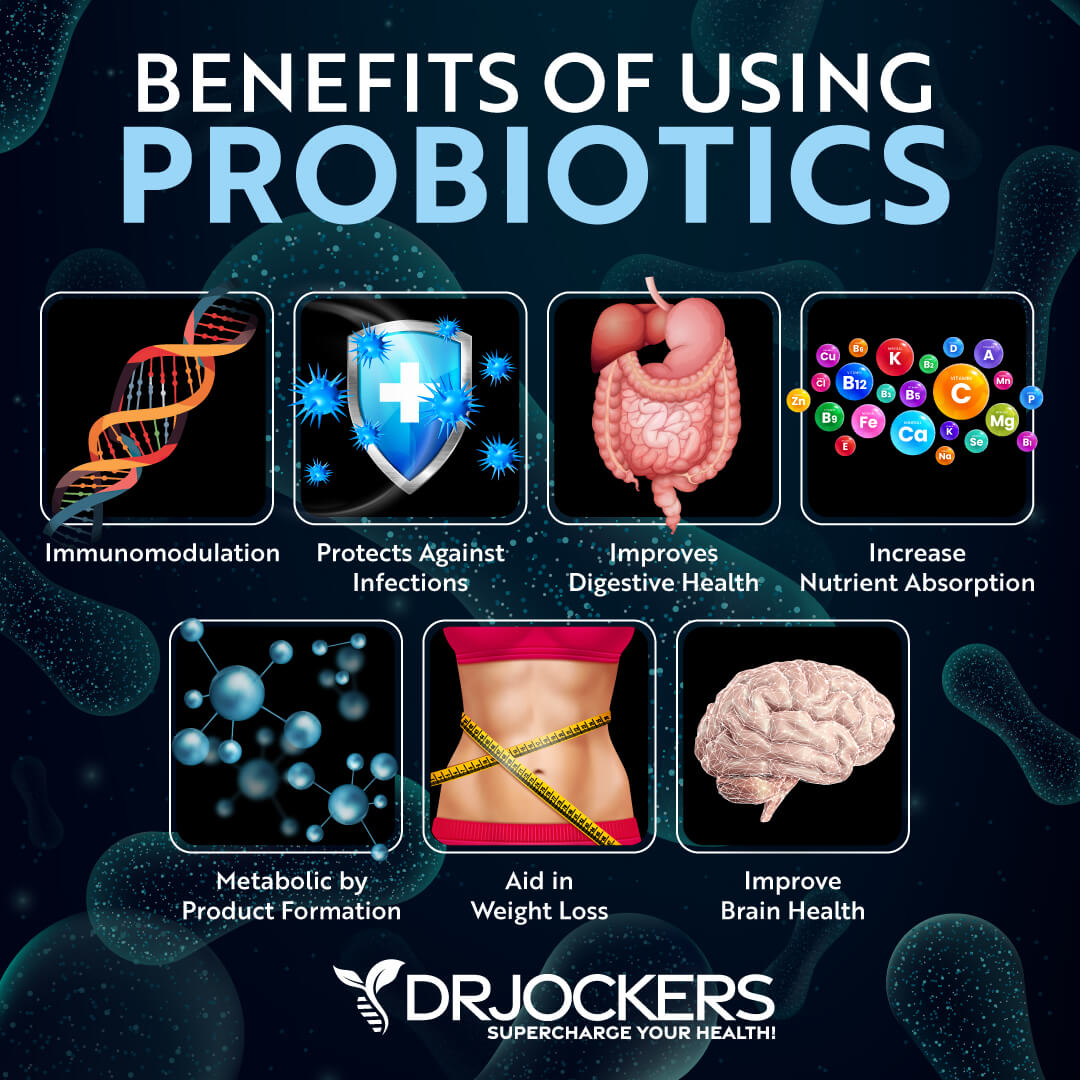
Summary
Having healthy teeth and gums is a strong predictor of your overall health. Your daily choices in terms of your diet and lifestyle make a big difference in your oral health. Many invasive approaches to fixing oral health issues open the doors to secondary infections and health complications.
Using the strategies in this article, you can support healthy teeth and gums for your entire life. To find a dentist who is trained in more biologically congruent treatment methods checkout the IAOMT database here.
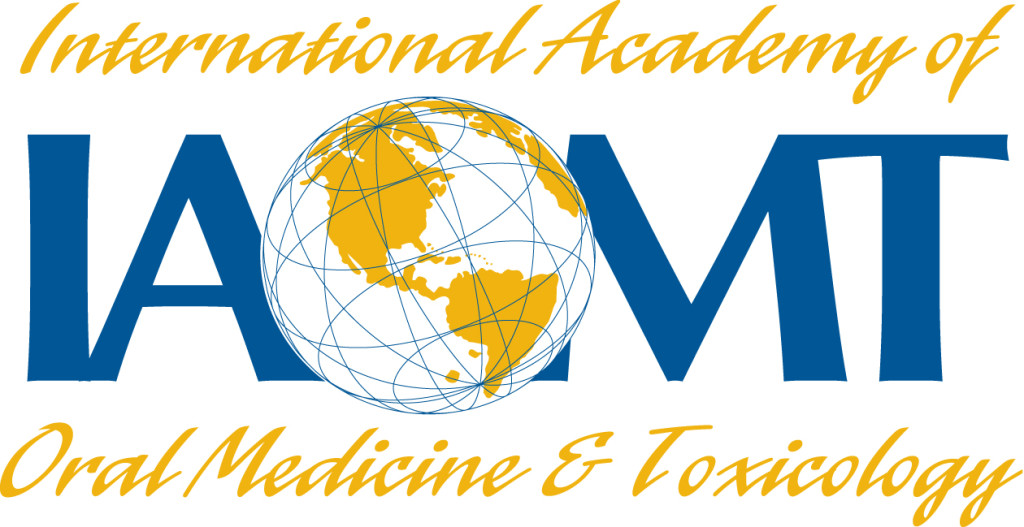






Dr. Jockers, If you want to know how we get tooth decay, get the book “Dentinal Fluid Transport” edited by Clyde Roggenkamp. He chronicles 35 years of original research by Ralph Steinman DDS and John Leonora PhD in discovering that tooth decay is a systemic disease starting in the brain and ending in the tooth. Much of what you say is true, these experiments show how and why it happens. It also provides clarity to the overall picture.
Thanks for the recommendation. That sounds good!
Your oregano oil link doesn’t work. Is this oregano EO or oreganol with P-73 and organic olive oil?
Hey Brenda, sorry about that! It is the Ancient Apothecary brand of Oregano Essential oil which is temporarily down from our store.